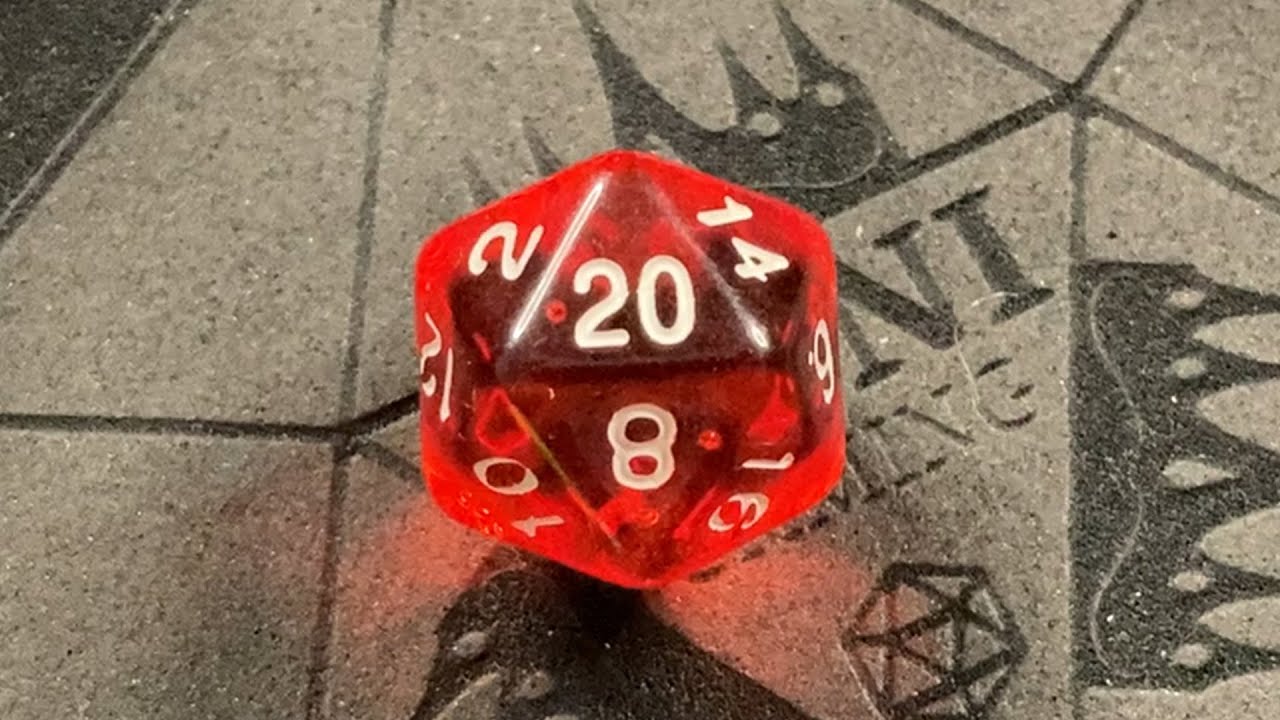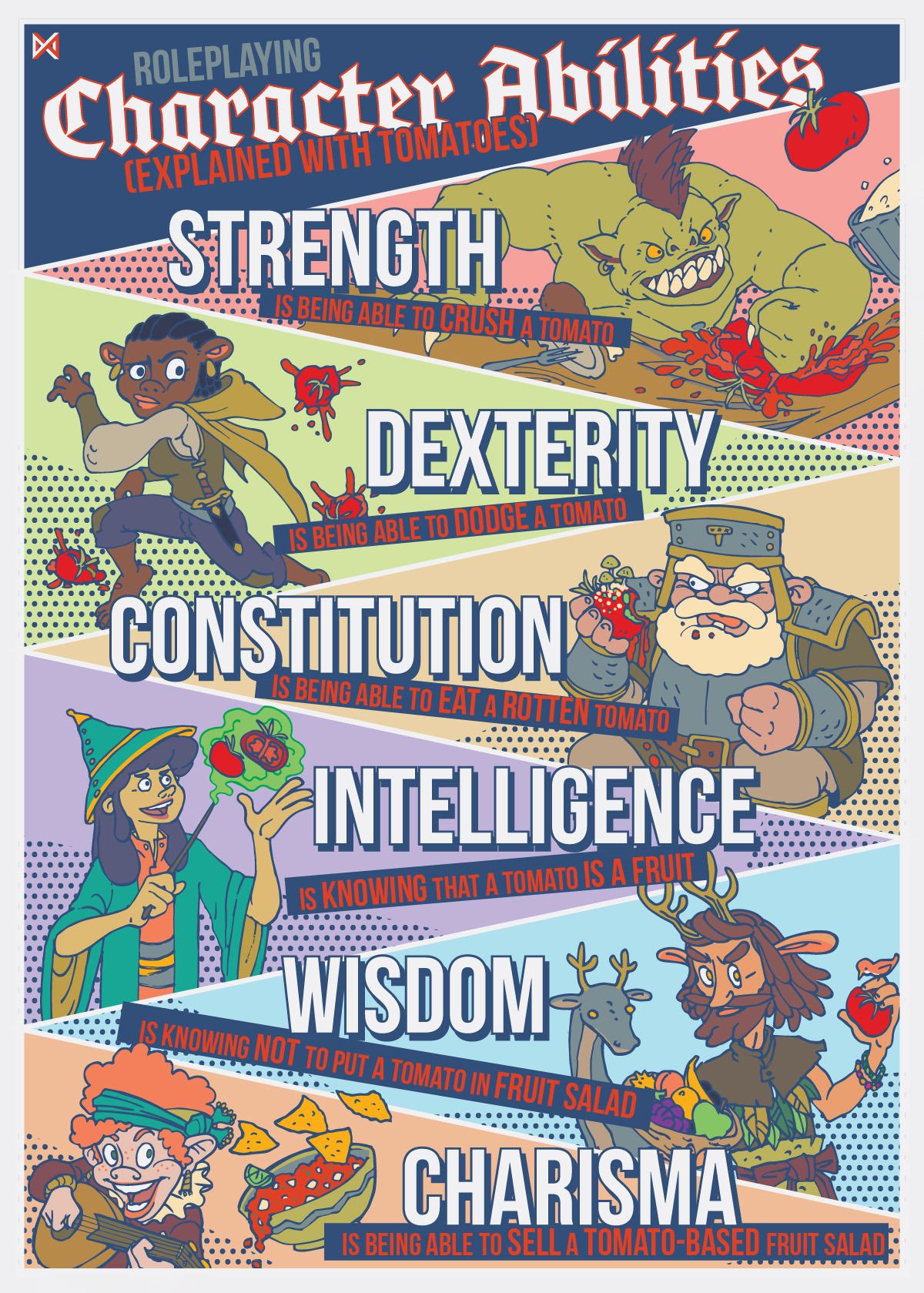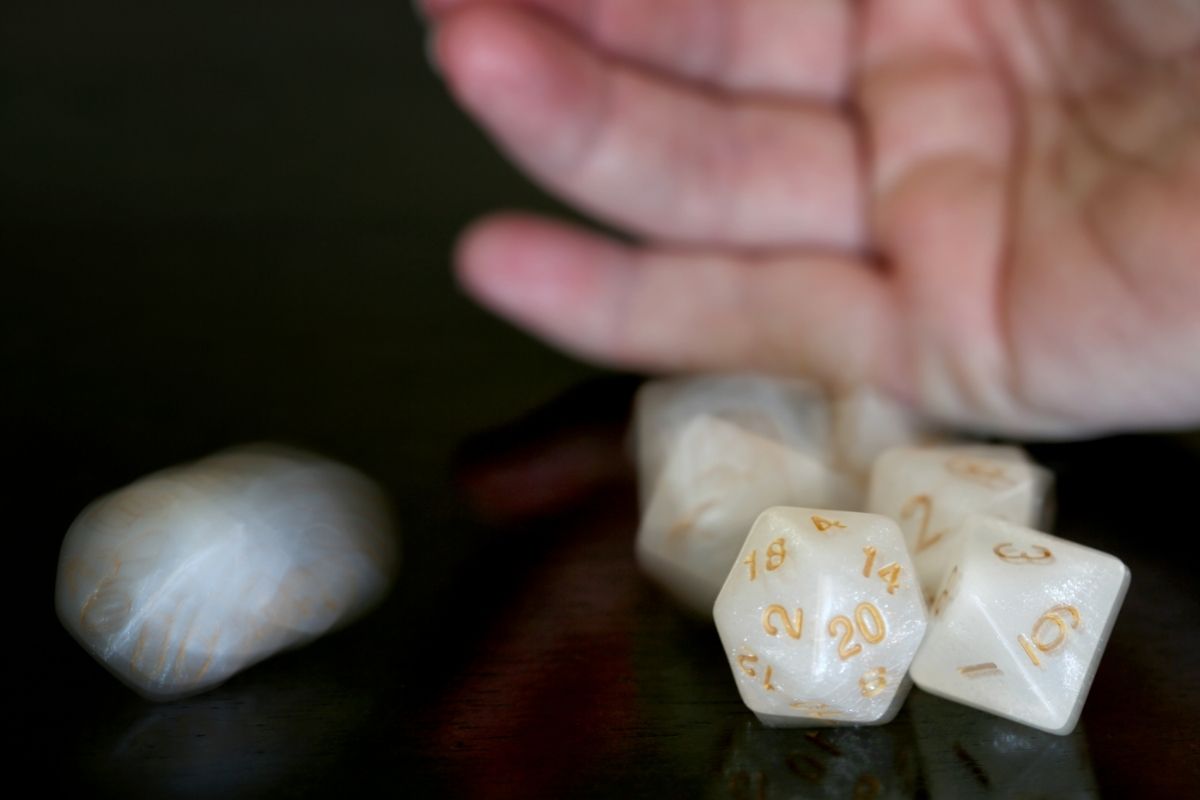Building your base character is one of the most important and interesting parts of playing any roleplaying game.
It’s a chance to get inside the head of a new character and learn about them in ways that you wouldn’t normally be able to.
There are many different ways to build your base character, and these have been created over the years in order to help players have different options.
So let’s say you’ve come across the method of ‘rolling for stats,’ which allows you to create a character based on how well they do at certain tasks. How would this work? And what does it mean to roll for stats?
This article will give an overview of how to roll for stats in Dungeons & Dragons 5th Edition. we’re going to take you through the basic factors of building your character, as well as some extra tips to get you started!
We’ve also included a short explanation of all the base stats to help you understand what each does.
What Ways Are There To Get Your Character’s Base Stats?
Point Buying: Point buying is the first way in which your character’s base stats can be determined, and is often considered one of the best and easiest ways to do so.
This is a way in which you can assign scores during your character creation with some amount of precision.
You will begin with a set pool of points, that you can then use to buy stat scores. This method is preferred by a lot of players because it means you can choose stats without random dice rolls.
Using Predetermined Stats: This is a more traditional way in which to build your character, involving using a set number of stats.
To do this, you use each of these numbers in any arrangement as you can: 8, 10, 12, 13, 14, 15.
Rolling For Stats: Lastly, we have another more old-school method of rolling for stats. This means that you use random rolls to generate a selection of stats for you to use.
How To Roll For Stats
It’s easy to roll up a stat pool. It will be your first step in many dice rolls you’ll need to perform during your campaign. To roll stats for your character, follow these steps.
- Roll four six-sided dice.
- Remove the lowest die roll from the dice pool.
- Add up the numbers to get an ability modifier.
- Mark down this ability score on a piece of paper for later.
- Keep repeating these steps until you have six ability scores.
- Score each attribute on your character sheets.
As you can see, this process is fairly simple and won’t take you too long. Without the help of online software, it’s an easier method than point buying, and allows you some measure of control over your character.

Why Should I Use This Method Of Building My Character?
Rolling for stats is a great way to quickly create a character without having to spend ages thinking about it.
If you’re not sure exactly how much experience or skill points you need, you could just roll for them.
This is especially useful if you want to play a class that doesn’t require very high levels of skills or attributes.
You may find that you don’t really like the results of your rolls, but there’s no harm in trying again.
The only real downside to this method is that you’re relying on luck when choosing your stats.
However, this isn’t always bad. Sometimes, you might end up with a character who has a few good abilities, but nothing special.
You might even end up with a character whose stats are completely average.
Either way, it’s better to try out new things than to stick with something that you know isn’t working.
If you’re looking to make a character that fits into a specific role, such as a fighter or a wizard, you should probably consider using point buying instead.
Players call this ‘min-maxing,’ which is a term that covers maximizing what you can of a stat, and minimizing those you do not need.
With point buying, you can choose the exact combination of stats that you want.
If you’re looking to make an entirely original character, however, you should definitely go for rolling for stats, as it can give a realistic random element to your build.
Final Thoughts
So there you have it! We hope that this article helped answer some questions you had about building your base character.
If you still have some questions, check below for our short guide on different stats and what they do.
Happy adventuring!
What Do All The Base Stats Do In D&D?
The most important thing to remember when playing D&D is that all the stats are designed to help you succeed in combat and other scenarios.
Strength: Increases damage dealt and improves melee attacks.
Dexterity: Improves ranged attacks and increases movement speed.
Constitution: Improves hit points and reduces fatigue.
Charisma: Improves social interactions and helps you persuade NPCs.
Intelligence: Improves knowledge checks and allows you to cast spells faster. Each stat will improve different things, depending on what kind of role you want to take in battle.
Wisdom: Improves spellcasting and also can be used for various checks involving the mind.

Specific Stats
Next up we have a list of skill stats that are used for more specific proficiency checks.
Acrobatics: This allows you to move around while jumping or climbing. It also improves your ability to climb walls and trees.
Alchemy: Improves your ability to brew potions and poisons.
Animal Handling: Improves your ability with animals and pets.
Arcana: Changes your ability at deciphering codes and reading scrolls.
Athletics: Improves your ability in athletics and physical activities.
Deception: Improves your ability for lying and trickery.
History: Regarding your ability to research facts and history.
Insight: Improves your ability to see through illusions and detect traps.
Investigation: Improves your ability during search and investigation.
Medicine: Improves your ability to heal others and yourself.
Perception: Improves your awareness of your surroundings.
Performance: Modifies how well you can act, and perform in public.
Persuasion: A stat that determines how well you can persuade others.
Religion: A stat that shows how devout you are to your religion, and your knowledge of religions.
Sleight of Hand: How well you can steal, pickpocket, and perform tricks without others noticing.
Stealth: This changes how well you can hide and sneak.
Survival: Finally, this stat determines how well you can survive in the wild.






